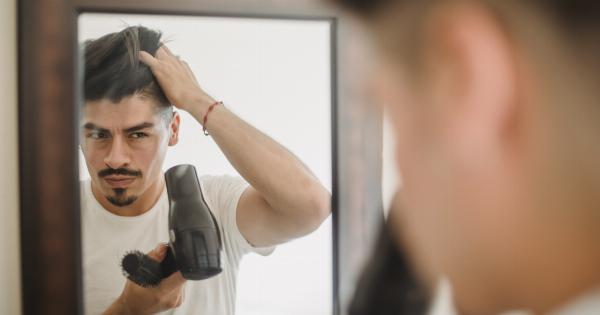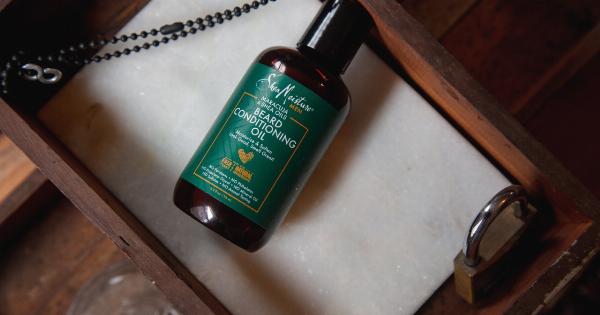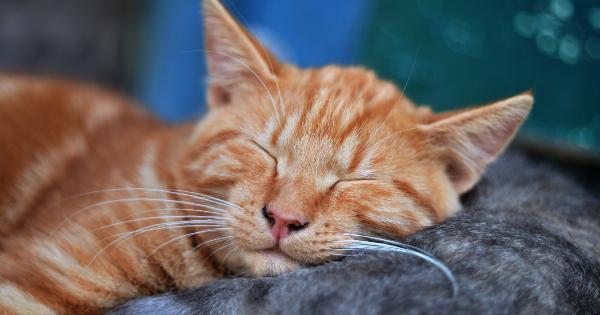Having healthy hair is a goal that many people strive for. Healthy hair not only looks good but also indicates overall well-being.
Our hair goes through a lot on a daily basis – exposure to pollution, sun damage, heat styling, and chemical treatments, which can all take a toll on its health. However, there are several indicators of healthy hair that can help you assess the condition of your tresses. In this article, we will explore these indicators in detail.
1. Shine
Shiny hair is often a sign of good health. When hair cuticles are smooth and lie flat, they reflect light and give your hair a glossy appearance. Dry and dull hair, on the other hand, may suggest lack of moisture or damage to the hair shaft.
Using a quality conditioner and incorporating regular hydrating hair masks can help improve the shine of your hair.
2. Elasticity
Healthy hair is elastic and can withstand stretching without breaking. This is due to the protein structure of the hair. If your hair easily snaps or breaks when stretched, it may be a sign of damage or protein depletion.
Maintaining a balanced diet rich in proteins and using protein-based hair treatments can help improve hair elasticity.
3. Scalp Condition
The condition of your scalp plays a crucial role in determining the health of your hair. A healthy scalp is neither too dry nor too oily.
Excessive dryness can lead to dandruff and itching, while excessive oiliness can contribute to scalp issues like seborrheic dermatitis or greasiness. Regularly cleansing and moisturizing your scalp can help maintain its health and promote healthy hair growth.
4. Thickness
Healthy hair is often thick and voluminous. While the thickness of hair can vary naturally from person to person, thinning hair or gradual hair loss may be indications of underlying health issues or hair damage.
Using gentle hair care products and avoiding excessive heat or chemical treatments can help preserve the thickness of your hair.
5. Minimal Breakage
A healthy head of hair experiences minimal breakage. If you notice excessive hair fall or broken strands, it could be a sign of weak or damaged hair. Factors such as heat styling, chemical treatments, and harsh brushing can contribute to breakage.
Being gentle while detangling, avoiding tight hairstyles, and protecting your hair from excessive heat can help reduce breakage.
6. Manageability
Healthy hair tends to be more manageable and easier to style. If your hair is frequently tangled or difficult to style, it may indicate dryness, damage, or lack of proper care.
Regular conditioning, moisturizing, and avoiding excessive heat can help improve the manageability of your hair.
7. Natural Growth Rate
Another indicator of healthy hair is the rate of natural hair growth. On average, hair grows about half an inch per month.
If your hair seems to be growing at a significantly slower rate or if you are experiencing sudden hair loss, it is advisable to consult a healthcare professional or a trichologist to identify any underlying issues that may be affecting your hair health.
8. Lack of Split Ends
Split ends are a common hair problem and can significantly affect the appearance of your hair. If your hair has split or frayed ends, it may be an indication of damage or lack of proper hair care.
Regular trims, avoiding excessive heat, and using protective hairstyles can help prevent and minimize the occurrence of split ends.
9. Natural Shine
Healthy hair has a natural shine even without the use of styling products. If your hair appears dull and lacks luster, it may indicate dryness or damage.
Maintaining a proper hair care routine that includes regular conditioning and protecting your hair from environmental stressors can help restore the natural shine of your hair.
10. Lack of Scalp Irritation
Having a calm and irritation-free scalp is essential for healthy hair growth. If you frequently experience itching, redness, or flakiness on your scalp, it may indicate scalp conditions like dandruff or dermatitis.
Using gentle hair care products, maintaining a clean scalp, and seeking appropriate treatment for scalp issues can help promote healthy hair growth.




























